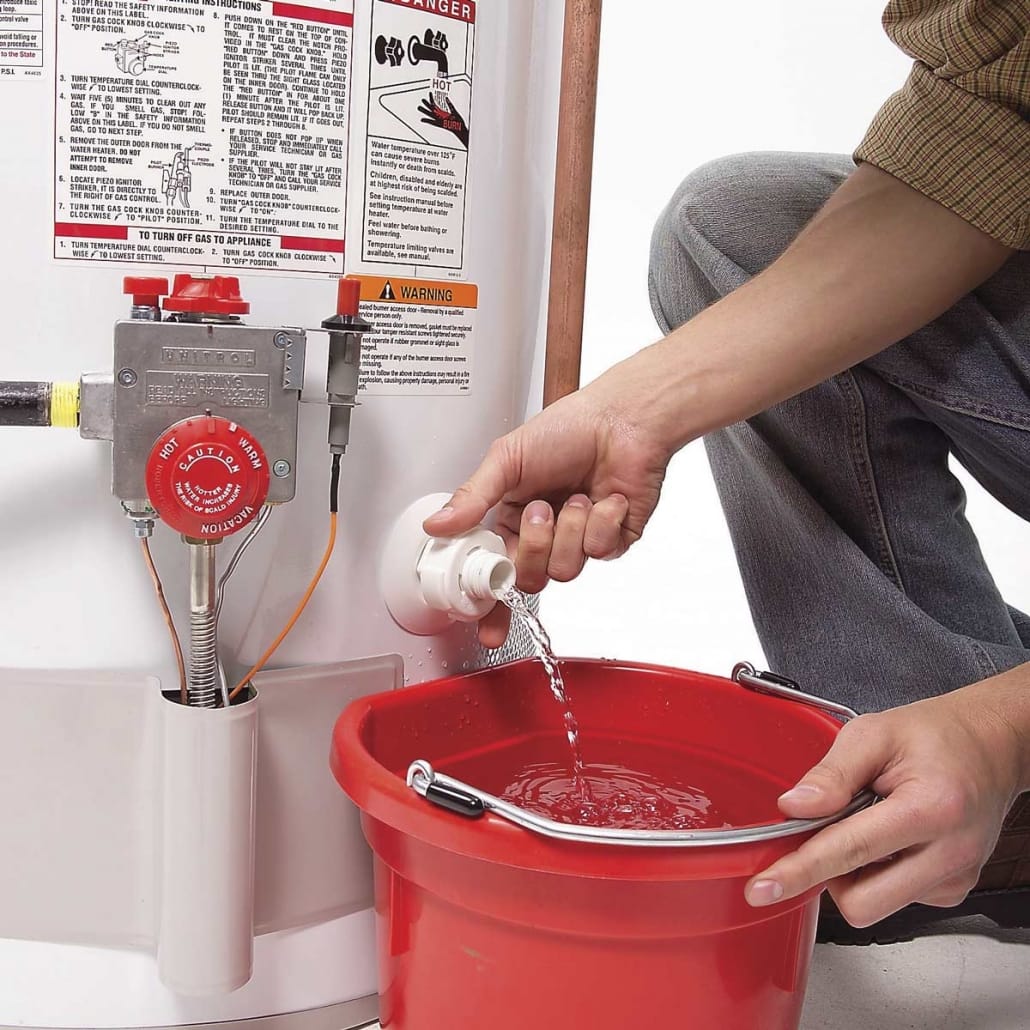How Sediment Buildup Affects Your Plumbing System: The Silent Culprit
With our extensive knowledge and experience, Poole's Plumbing understands that your home's plumbing system is one of its most essential components. Whether delivering clean water to your taps or safely carrying waste out of your home, your pipes and fixtures work tirelessly daily. But lurking within your plumbing system is a silent culprit that, if left unchecked, can cause costly damage over time—sediment buildup.
Understanding how sediment impacts your pipes and plumbing system is key to maintaining efficiency, avoiding unexpected and costly repairs, and extending the lifespan of your home's water infrastructure.
What Is Sediment Buildup?

Sediment buildup occurs when dissolved minerals like calcium, magnesium, and iron, or particles like sand and silt, accumulate in your pipes and fixtures. These materials are often present in your water supply and can accumulate over time, especially if you have hard water or rely on well water.
While these particles may seem harmless, their gradual accumulation can create severe plumbing headaches you want to avoid.
The Effects of Sediment in Your Plumbing
Clogs and Reduced Water Flow
Sediment buildup can narrow your pipes' internal diameter, restricting water flow. This reduced water pressure is frustrating when trying to shower or fill a pot and can even lead to complete blockages over time. Left unresolved, these clogs could require significant repairs.
Corrosion and Pipe Damage
Mineral deposits and their buildup can wreak havoc on your pipes by creating hotspots for corrosion. Over time, this can weaken your plumbing, leading to leaks, bursts, or complete pipe failure. Sediment is especially concerning for homeowners with older piping materials like galvanized steel.
Decreased Water Heater Efficiency
Water heaters are particularly vulnerable to sediment buildup. Over time, mineral deposits settle at the bottom of the tank, reducing its ability to heat water efficiently. This may not only increase your energy bills but may shorten the lifespan of your water heater.
Stained Fixtures and Appliances
Excessive mineral buildup often leaves unsightly stains on faucets, sinks, and tiles. It can also reduce the efficiency of home or office appliances that use water, such as dishwashers and washing machines, leading to higher energy and water bills.
Higher Maintenance Costs
The more sediment builds up, the more strain it places on your plumbing system. Pipes may clog, appliances may function poorly, and fixtures may wear out faster, resulting in higher maintenance and replacement costs.
How to Prevent Sediment Buildup
At Poole's Plumbing, we believe prevention is always better—and more cost-effective—than a cure. Follow these tips to keep sediment from causing trouble in your plumbing system:
Invest in a Water Softener
A water softener reduces the concentration of minerals in your water, preventing calcium and magnesium deposits from accumulating in your pipes and fixtures. This is especially beneficial for households with hard water.
Flush Your Water Heater Regularly
Sediment in your water heater tank can reduce efficiency and cause damage. You can avoid this by draining and flushing the tank. This helps remove buildup and keeps your water heater working like new. You may need to perform this task once or twice yearly.
Install Whole-House Filters
A whole-house water filter can remove sand, silt, and other particulates from your water supply before they reach your pipes, helping to keep your plumbing in top shape.
Schedule Routine Plumbing Inspections
At Poole's Plumbing, we offer professional inspections to identify and address issues like sediment buildup before they become significant problems. During an inspection, our experienced plumbers can assess your system and recommend tailored solutions to keep everything running smoothly.
When to Call Poole's Plumbing
If you notice reduced water pressure, strange noises from your water heater, or signs of staining near your fixtures, it's time to act. Addressing sediment buildup early can prevent more significant—and costly—repairs.
At Poole's Plumbing, we pride ourselves on providing reliable, professional, and friendly service. Whether you are in search of routine maintenance, emergency assistance, or expert advice to solve a plumbing issue, you can rely on us to do the job right the first time, every time.
Final Thoughts
Sediment buildup may not always be visible, but its effects are significant. By taking preventative measures and understanding when to call in the experts, you can protect your home's plumbing system and avoid costly repairs.
If you have concerns about sediment in your pipes or want to schedule a preventative inspection, don't hesitate. Contact Poole's Plumbing today, and we'll make sure your plumbing system works as efficiently as possible. After all, at Poole's, it's not just about getting the job done; it's about ensuring it's done right every time.
www.poolesplumbing.com






